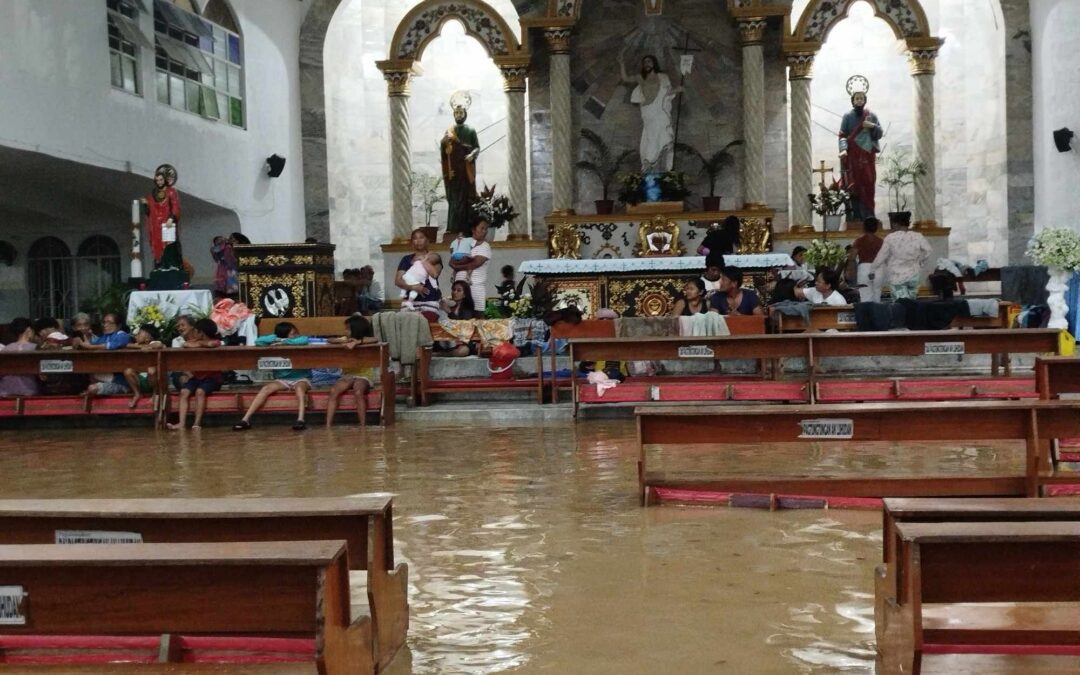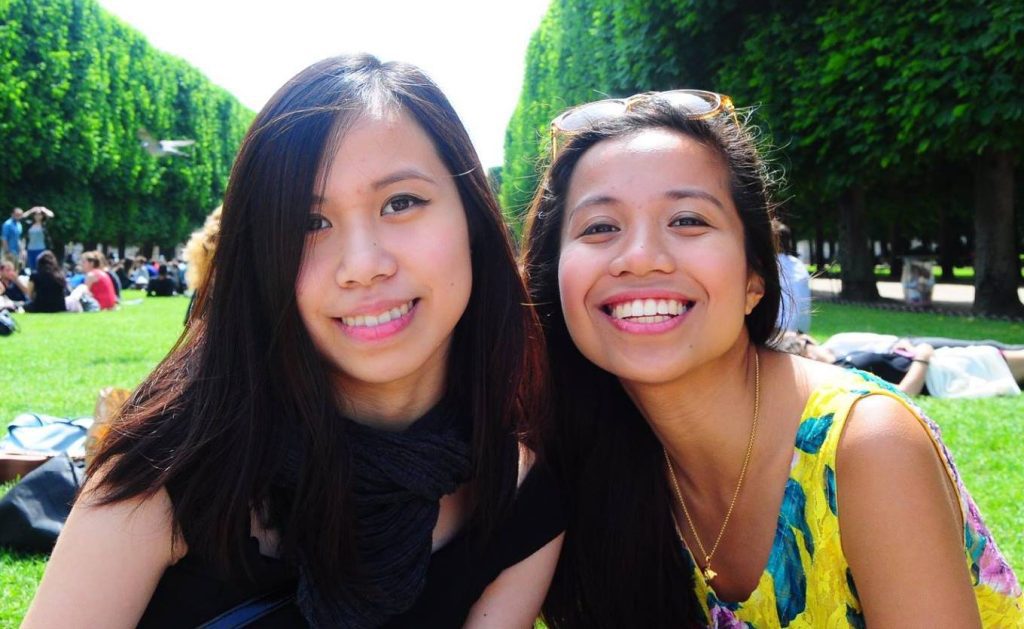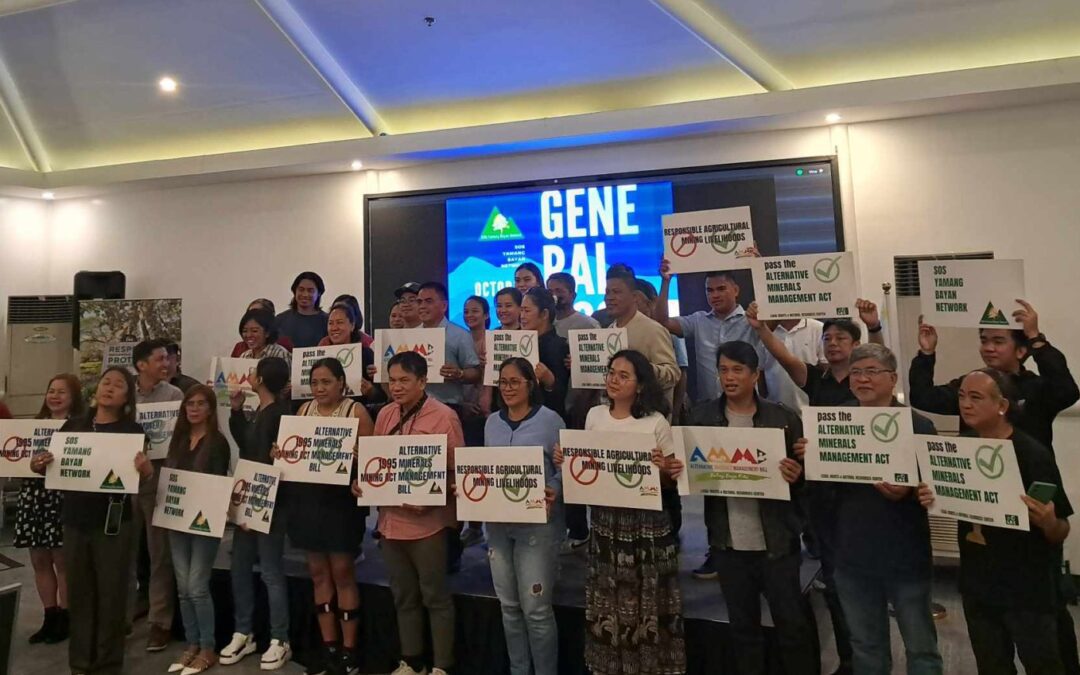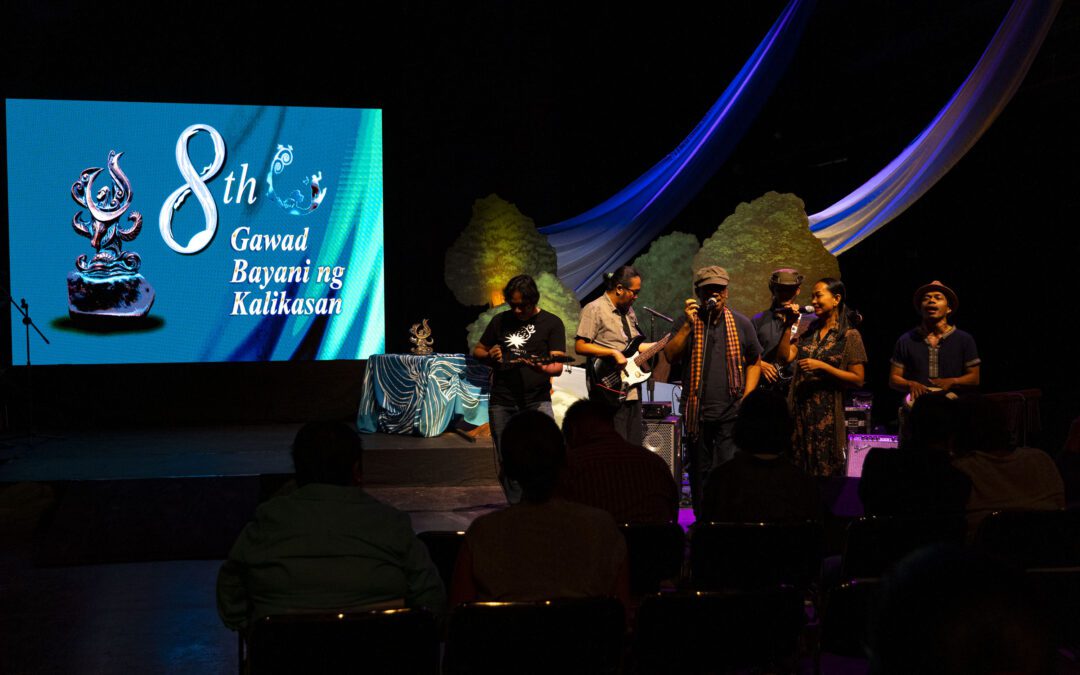As we are deep into the Christmas season, one of the best gifts to receive is the gift of information. It becomes even more valuable when the future of our country is at stake.
The green agenda is the most critical yet overlooked issue heading into the 2022 elections. Prioritizing these climate and environmental issues must not only be the responsibility of our next president, but also the succeeding vice president. As the nation’s two top leaders, they have the most power and influence to place the entire government and the Filipino nation to be on the same page to solve these complex problems.
The question is: Where do the six most prominent vice-presidential candidates stand on the climate and environment agenda?
Lito Atienza
The current Buhay party-list representative also served as the Secretary of the Department of Environment and Natural Resources (DENR), placing him at the center of specific green issues. During the time of former President Gloria Arroyo, Atienza created the Climate Change Office under said department, and oversaw the implementation of the Clean Air Act. He also called for climate change education to be taught in schools, and encouraged the growth of the mining sector during his term.
Atienza is one of the many supporters in the House of Representatives for the creation of a Department of Disaster Resilience, with a consolidated bill having been passed recently. Another of his actions involve co-authoring a bill imposing excise tax on plastics, to help address this waste pollution. He also supports the Boracay rehabilitation, allocating funding to improve biodiversity conservation, waste management, and other activities in the island.
The former Manila Mayor has criticized the dolomite beach project, calling it a “superficial whitening.” He also claims that pollution in areas of Manila Bay remain severe, despite the mandamus order by the Supreme Court to clean up. The DENR, however, has reported data that contradicts his statement.
On the joint exploration of the West Philippine Sea with China, Atienza supports a 60-40 agreement favoring the Philippines. He also supports the construction of the Kaliwa Dam to address water-related problems in Metro Manila and surrounding areas.
Walden Bello
The former Akbayan party-list representative has been a vocal opponent of imperialism and corporate globalization. He views the climate crisis as a chance for mass mobilization against capitalism, and seems to support ending the era of fossil fuels, given the role of corporations in continuing global reliance on these energy sources. On this matter, he supports renewable energy development and opposes nuclear power, citing the impacts of coal and nuclear on the well-being of communities and ecosystems.
Bello has criticized the lack of parks in Metro Manila, which has become more evident as residents crowd its few open spaces once COVID-related restrictions have been loosened. One of these areas has been the dolomite beach, which he has criticized for being a waste of public funds amid the pandemic.
An environmentalist, Bello has long advocated against mining, as seen during his term in the lower House. Aligned with his leftist views, he supports a reorganization of production and consumption aspects of the global economy, which would have implications on green issues such as air quality and public health. Given his role in renaming the West Philippine Sea during his stint in Congress, he is likely to be against a joint exploration with China for oil and gas.
Sara Duterte
As the current mayor of Davao, Duterte has implemented many climate and environmental initiatives. She recently led the creation of a local Climate Change Commission to carry out local adaptation and mitigation policies. She also ordered the implementation of ordinances such as anti-smoke belching, which earned Davao the recognition of being a “Clean Air City.” She has voiced support for renewable energy and waste-to-energy in the past, and has banned single-use plastics in the city.
In a recent statement with her running mate Bongbong Marcos, Duterte openly called for forest protection and conservation. They also mentioned nature having its own rights, while recognizing how environmental degradation impacts economic development. While both support the growth of responsible mining in the country, she has banned mining within her city, aside from sand and gravel quarrying. On the West Philippine Sea and a potential joint exploration, Duterte is likely to share the stance of Marcos, who said that the country cannot withstand a potential assault by China.
Despite being the daughter of the incumbent President, she and her father have disagreed on key issues way before the eventful period of filing of candidacies that almost pitted them against each other in next year’s polls. In 2011, she vetoed a land reclassification ordinance to build a coal plant in Davao. However, the plan pushed through after being overridden by the elder Duterte, who was the vice mayor, and the city council.
Stay tuned for part II of this piece to know about the green platforms of other vice-presidentiables.
This is part one of a two-article series presenting the green agenda of the six most prominent candidates for the Philippine vice-presidency in 2022. All positions presented here are collected from previous news articles and other publicly-available materials as of 30 November 2021.
John Leo is the Deputy Executive Director for Programs and Campaigns of Living Laudato Si’ Philippines. He has represented Philippine civil society in regional and global UN conferences on climate and the environment since 2017. Candidates may send their environment platforms to info@livinglaudatosi.org.ph.






0 Comments